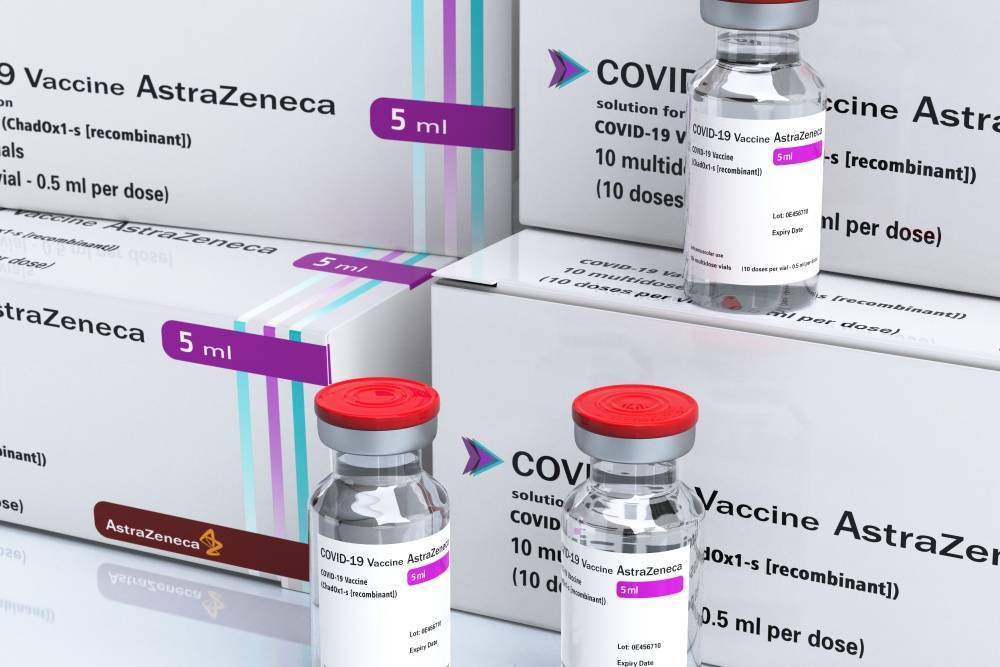AstraZeneca has announced the global discontinuation of its COVID-19 vaccine, Vaxzevria, marking a significant turn in the pandemic’s vaccination strategy.
This decision reflects the evolving dynamics of vaccine demand and supply. Additionally, there is a recent emergence of newer vaccines that more effectively target current variants.
The Decline in Demand
Initially a frontrunner in the global vaccination effort against Covid-19, Vaxzevria’s demand has steadily declined due to the development of vaccines tailored to combat emerging virus variants. According to AstraZeneca, the availability of these updated vaccines has led to a surplus. Hence, the continued production of Vaxzevria has been rendered unnecessary. The European Medicines Agency has also issued a notice stating that the vaccine is no longer authorised following AstraZeneca’s voluntary withdrawal of its marketing authorisation European Union in March.
Safety Concerns and Legal Challenges
Compounding the challenges faced by AstraZeneca were concerns over safety. The vaccine was linked to rare but serious instances of thrombosis with thrombocytopenia syndrome (TTS). TTS is a condition involving blood clots and low platelet counts. These safety concerns significantly impacted public confidence, despite the vaccine’s overall safe profile and its effectiveness in preventing Covid-19.
Recent legal developments have further complicated matters for AstraZeneca. A class action lawsuit in the UK highlighted the severe side effects suffered by many recipients, pushing the company to acknowledge these risks publicly. This admission has been crucial in halting the vaccine’s production and distribution.
Impact and Legacy
Professor Catherine Bennett from Deakin University in Australia emphasised the critical impact of vaccines, especially before the availability of variant-targeting vaccines. Vaxzevria was particularly significant in early global vaccination efforts when options were limited, pivotal in saving millions of lives.
Future Directions
As the chapter closes on Vaxzevria, AstraZeneca focuses on collaborating with regulators and partners to transition smoothly from the vaccine. The company’s efforts will likely shift towards developing new solutions that address the changing landscape of the Covid-19 pandemic and its variants.
The World Health Organization’s latest vaccine guidance reflects the need for vaccines to target specific variants like the JN.1 lineage, indicating a move towards more specialised formulations as the virus evolves.
Conclusion
The withdrawal of AstraZeneca’s Vaxzevria is a reflective moment in the ongoing battle against Covid-19. It highlights the need for continual adaptation in vaccine development and distribution strategies to meet global health challenges effectively. While Vaxzevria’s journey ends, its legacy in advancing global health during a critical time will endure. It serves as a reminder of the complexities and dynamism of pandemic response efforts.

